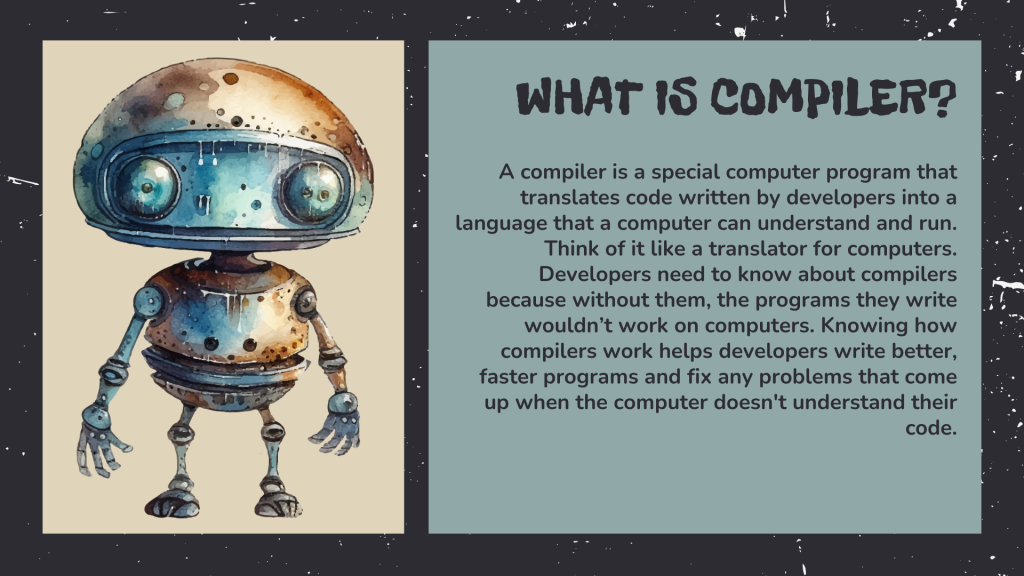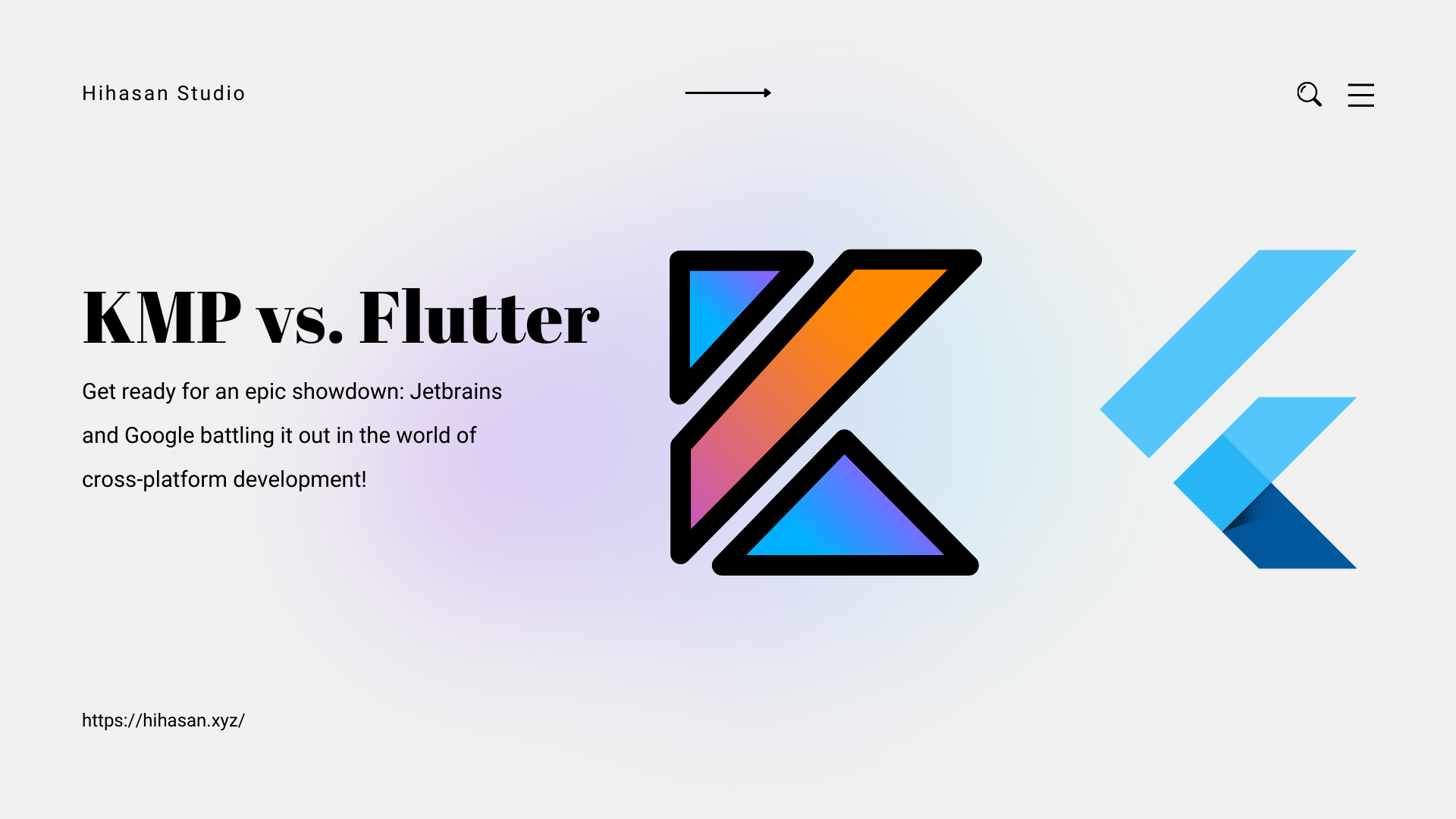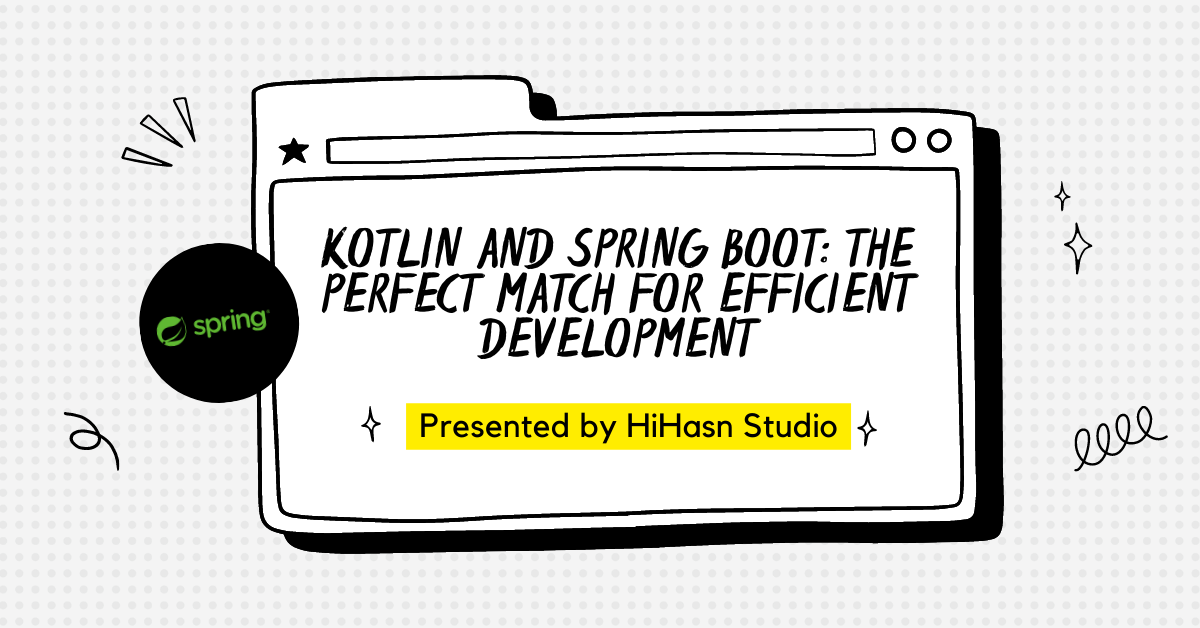A few days back Kotlin 2.0 with a stable K2 compiler was released, which is multiplatform from the ground up, understands your code better, and compiles it twice as fast. Personally, it excited me more. The previous Kotlin compiler, before the introduction of the K2 compiler, is generally referred to as the Kotlin JVM compiler or simply the Kotlin compiler. This compiler is the original implementation used for compiling Kotlin code and has been the primary tool for Kotlin development since the language’s inception.

From different sources what I learned and tried to decode over here are some details about this compiler:
| Kotlin JVM compiler | K2 compiler | |
| Architecture | The Kotlin JVM compiler has a more monolithic architecture, which can make maintenance and extension more challenging. | K2’s modular architecture makes it more maintainable and extensible compared to the monolithic design of the original Kotlin JVM compiler. |
| Performance | The original Kotlin compiler can be slower, especially with larger projects. It has been optimized over time but still faces performance bottlenecks. | Significant improvements in compilation speed, particularly beneficial for large codebases. Designed to reduce overall compilation time. |
| Diagnostic Messages | Provides essential error messages and warnings, but these can sometimes lack the clarity or detail needed for efficient debugging. | Provides more detailed and clear diagnostic messages, helping developers identify and fix issues more efficiently. |
| Incremental Compilation | Incremental compilation is supported but may not be as efficient as desired, especially in very large projects. | Better support and optimization for incremental compilation, allowing only the changed parts of the code to be recompiled, which further speeds up the development process. |
| Modularity | The compiler’s architecture makes it less modular, meaning it’s harder to introduce new features or make significant improvements without affecting other parts of the system. | The modular design allows for easier maintenance and faster adoption of new language features and tools. |
| Compatibility | Designed to work with multiple targets (JVM, JavaScript, Native), ensuring Kotlin’s versatility across different platforms. | Designed to maintain backward compatibility with existing Kotlin codebases, ensuring a smooth transition for developers from the old compiler to the new one. |
The K2 compiler represents a significant evolution in Kotlin’s compilation infrastructure, addressing many of the limitations and challenges faced by the original Kotlin JVM compiler. It aims to enhance performance, maintainability, and developer experience. In the next post hopefully, I will try to drive deep into migration. See you soon.











